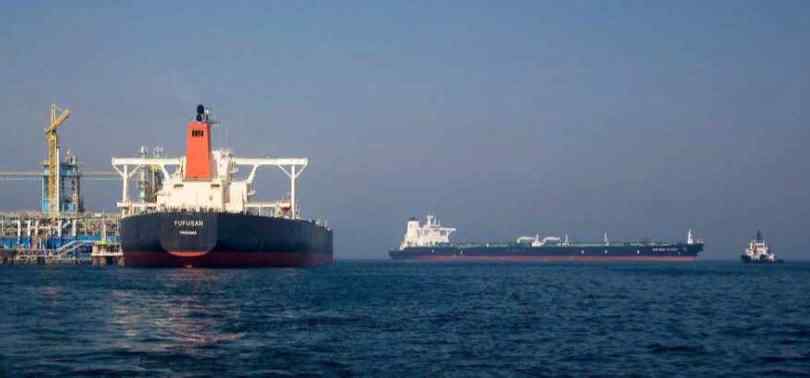Saudi Aramco, the world’s largest oil company, continues to ship oil and fuel through the southern Red Sea, where the Houthis have been blocking shipping for months in response to Israel’s war in the Gaza Strip. And the head of the company’s downstream oil trading division even said in an interview with Bloomberg that the associated risks are “manageable.”
Indeed, in the first half of January, Saudi Aramco shipped as much oil from its Red Sea terminal at Yanbu north to Europe as it did in the entire previous month.
In other words, Riyadh’s non-interference in the conflict with the Houthis is for good economic reasons. It is difficult for the KSA to avoid supplies via the Red Sea, as a significant part of the kingdom’s infrastructure has been created for this route.
As already noted, it makes no sense for the Saudis to interfere in the fight with the Houthis for the interests of Israel and the United States. And even less to get involved in a potential war between Tel Aviv and Washington and Tehran. On the contrary, the kingdom stands on the position of ending the conflict in Yemen through the negotiation process, as well as on the position of resolving relations with Iran. Diplomatic relations between the countries have been resumed and military-to-military ties are developing.
Besides, Saudi Arabia, which has the holy places of the Muslim world on its territory, has no reason to get involved in the interests of Israel, which is destroying Gaza and attempting to attack the Islamic holy places of Jerusalem with the full support of the USA.
To be sure, political and religious factors in matters of war and peace are very important. But they reach their utmost importance when they are backed up by strong economic arguments.
Elena Panina

